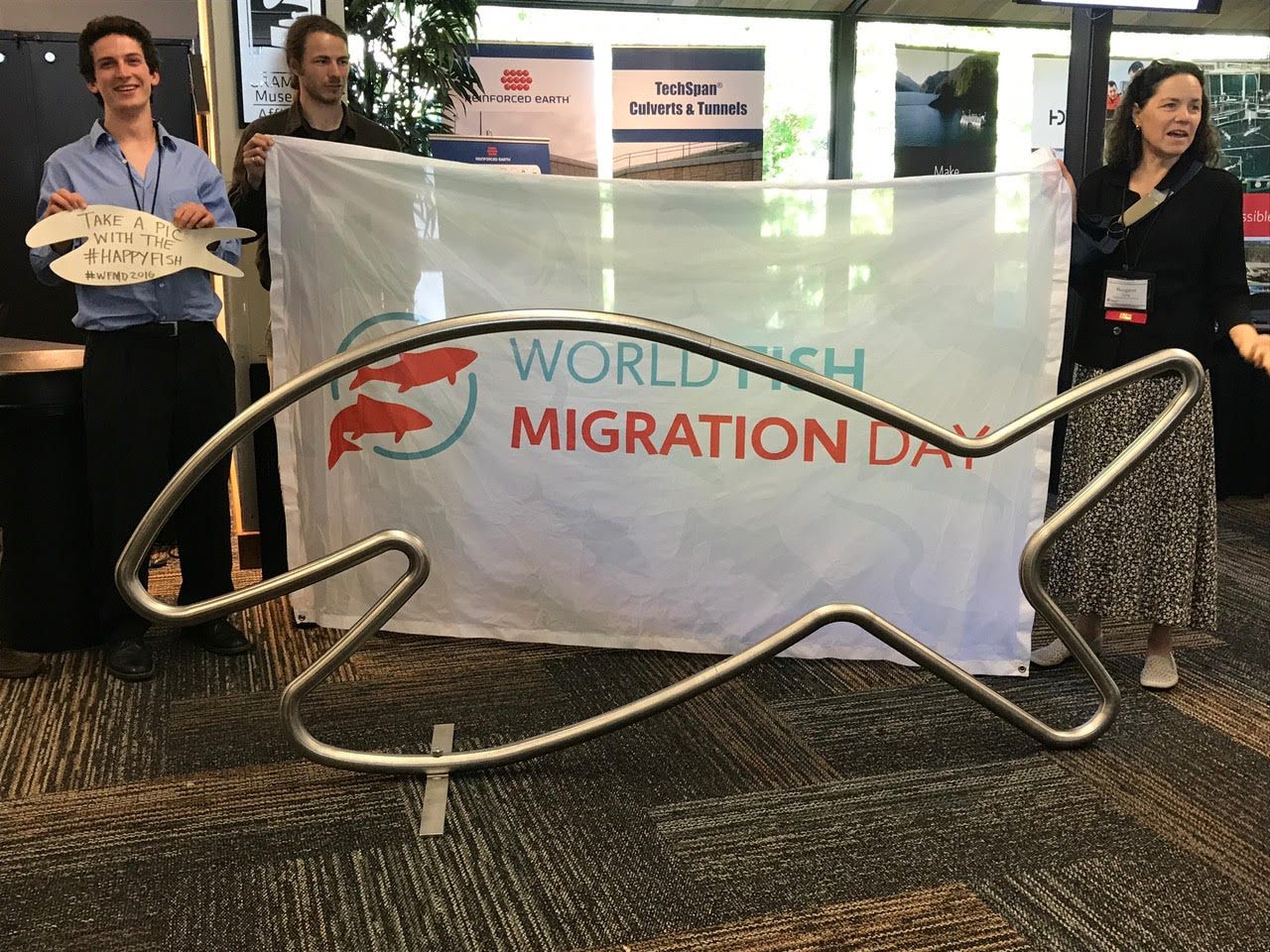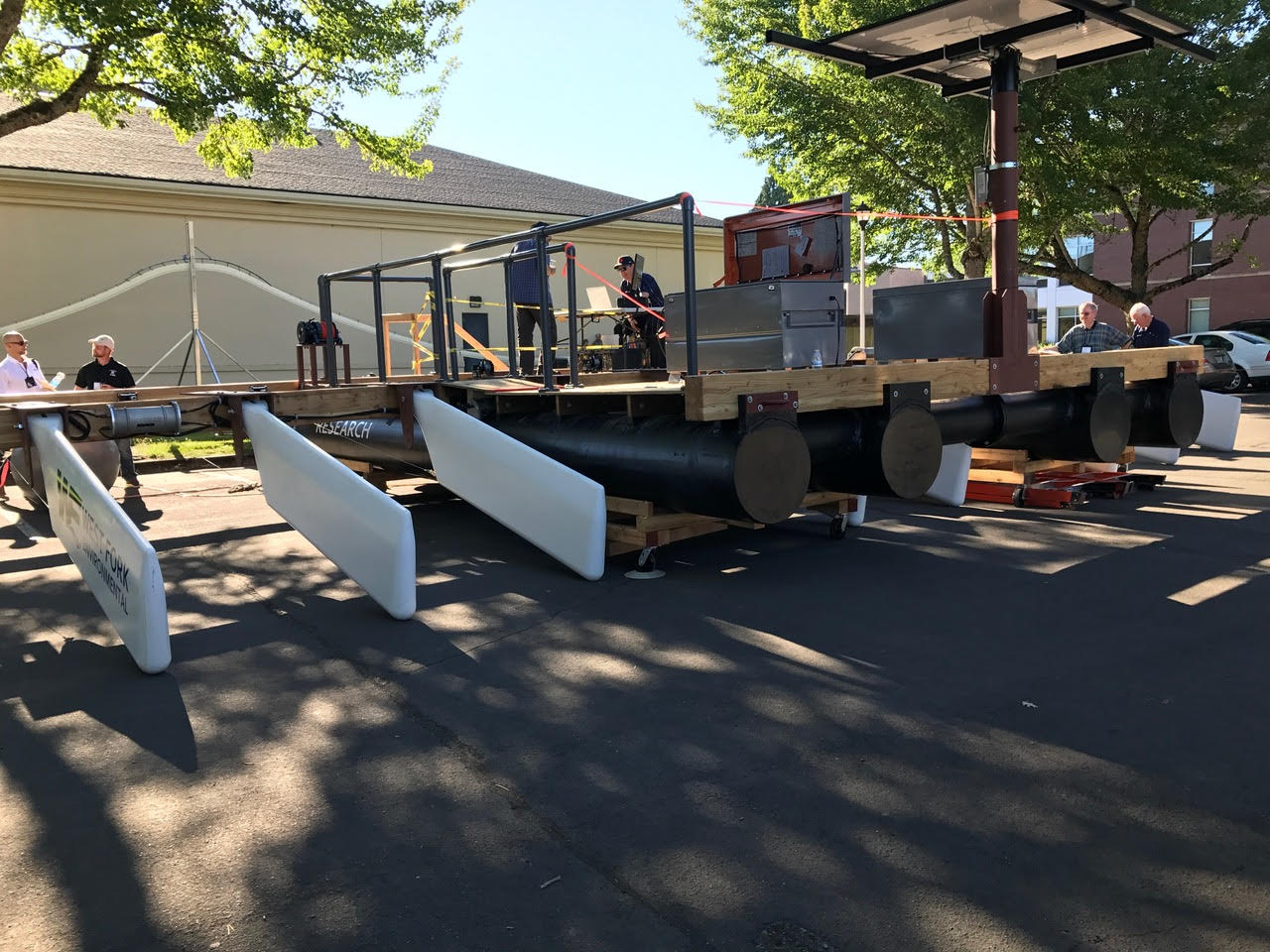Wednesday August 9, 2017

Biologists and engineers migrated to Oregon State University in Corvallis, Oregon, earlier this summer for the International Conference on Engineering and Ecohydrology for Fish Passage (Fish Passage 2017) held on June 19-21. The annual Fish Passage conference changes venues every year, with the conference being held at the University of Amherst, Massachusetts last year and moving to Albury, Australia next year. During the three-day conference, speakers presented on a variety of topics such as fishway and fish screen design and effectiveness, large-scale migratory fish testing facilities, hydropower turbine passage effectiveness, and fishway swimming performance. Speakers also presented on the evaluation of natural and man-made passage barriers, conservation through integrated hydropower ecosystems, downstream passage effectiveness, and fish passage effectiveness monitoring using various technologies like the Vaki Riverwatcher. The conference also included demonstrations of various fish passage technologies, and the Happy Fish mascot of World Fish Migration Day also made an appearance.

FISHBIO staff made a presentation in a symposium on telemetry. Our talk, titled “Going Beyond Visible Light: Monitoring Adult Fish Passage in Turbid Conditions with Technological Advancements and a Sense of Public Outreach” told a story about the effective collection of decades of Riverwatcher data in a turbid environment, and how questions based on that multi-year dataset led to research projects to complement the monitoring data. These complementary datasets can help provide meaningful answers and “big picture” solutions to fish stressors, such as facilitating passage to spawning habitat.

Although Fish Passage 2017 was interesting and exciting, it was also exhausting due to a rigorous conference program that did not create any barriers to passage, with things constantly in a state of flow! This conference always amazes us with the scope of the international contingency in attendance. FISHBIO had discussions with biologists and engineers from countries as varied as Turkey, Austria, Spain, Canada, China, Australia, Sweden, Norway, Iceland, England, and Ireland. The extensive schedule of talks from around the world facilitated the generation of innovative ideas for efficient and effective fish passage planning, engineering, and evaluation. Next year’s event in Australia is sure to be an equally impressive and international affair.
